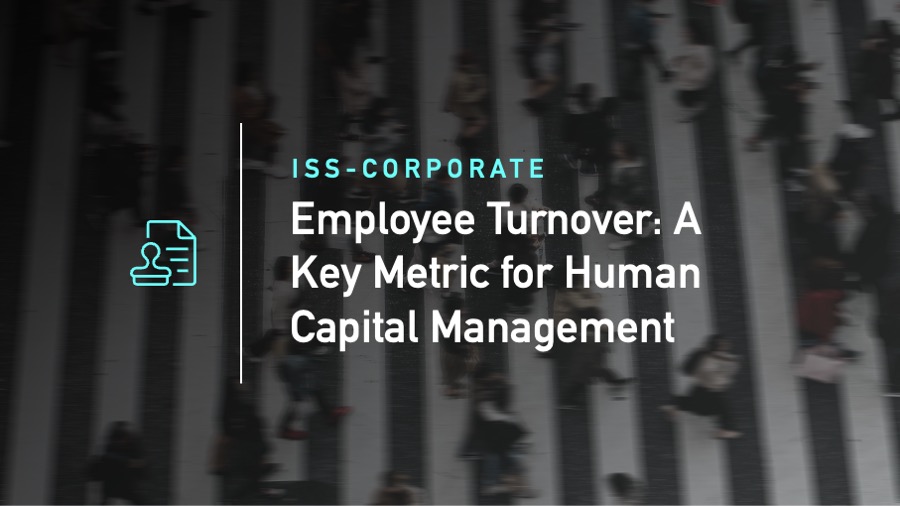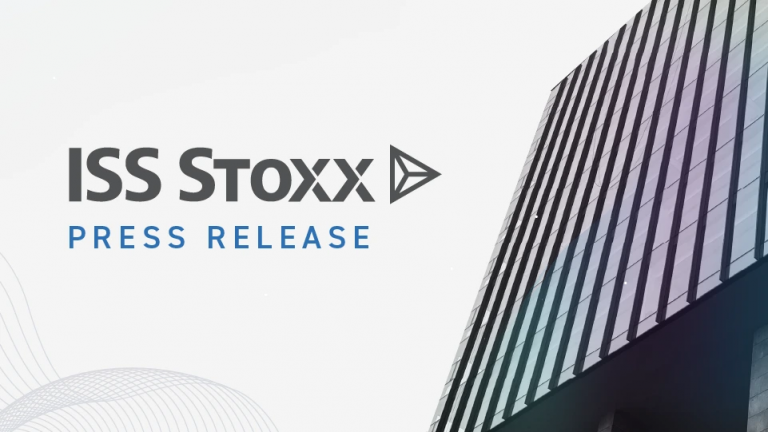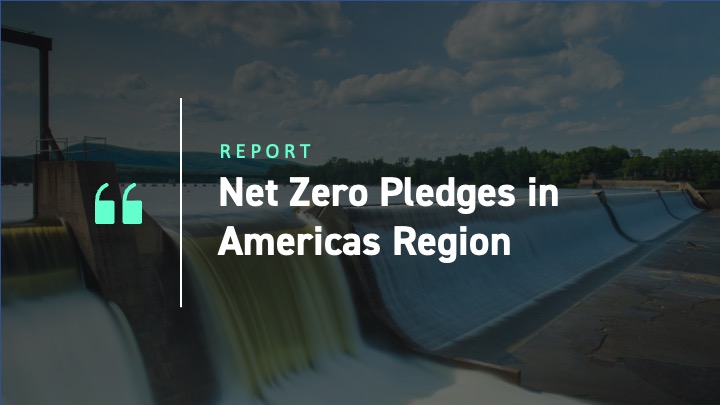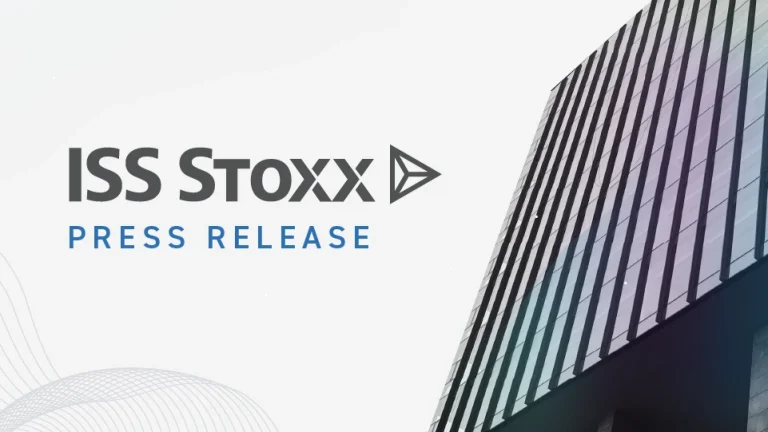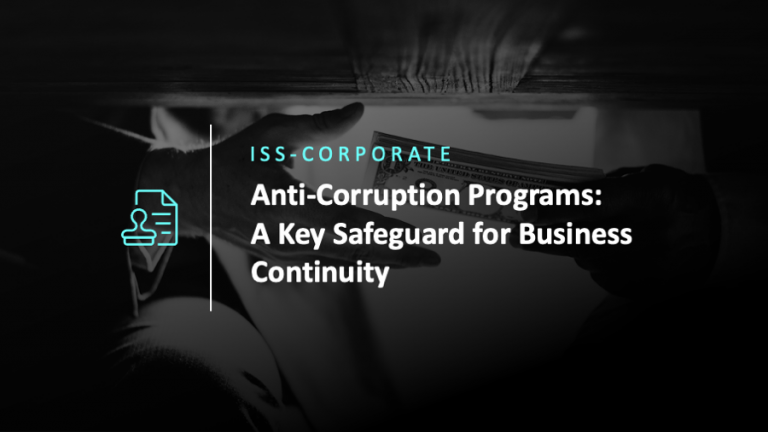Below is an excerpt from ISS-Corporate’s recently released article “Employee Turnover: A Key Metric for Human Capital Management”. The full article is available on the ISS-Corporate online library.
A Foundational Disclosure for Human Capital Management
Employee turnover is increasingly considered a key performance indicator of human capital management, with growing interest among internal and external stakeholders at corporations for reporting and managing against this metric. Historically, workforce metrics emphasized data linked to employee demographics or equal opportunity. In the United States, for example, the Equal Employment Opportunity Commission enforces the Equal Employment Opportunity law, which requires, among other stipulations, that employers with 100+ employees disclose an EEO-1 report detailing the demographics of their workforce.
In the European Union, the European Sustainability Reporting Standards (ESRS) require that workforce disclosures be taken a step further to include employee turnover. As many companies prepare to submit their first disclosures in accordance with ESRS in 2025, they may consider ESRS S1, which covers an entity’s own workforce, and which derives turnover from “the aggregate of the number of employees who leave voluntarily or due to dismissal, retirement, or death in service.”
Furthermore, investors may recognize risk in companies that have high employee turnover relative to their industry peers or compared to historical trends, as evidenced by the recommendations of the Human Capital Management Coalition (an investor group), which recommends employee turnover as one among the four human capital management foundational disclosures that companies can provide (the other three include data on number of employees, total cost of workforce, and diversity data). In 2023, the U.S. Securities Exchange Commission (SEC) released a Draft Recommendation on Human Capital Management Disclosures, which directly highlighted employee turnover (the likelihood of the SEC advancing a rulemaking in this area remains low).
By:
Daniel Feinberg, Senior Associate, Sustainability Advisory, ISS-Corporate
Nick Kraft, Senior Associate, Sustainability Advisory, ISS-Corporate
Kosmas Papadopoulos, Executive Director, Head of Sustainability Advisory – Americas, ISS-Corporate
